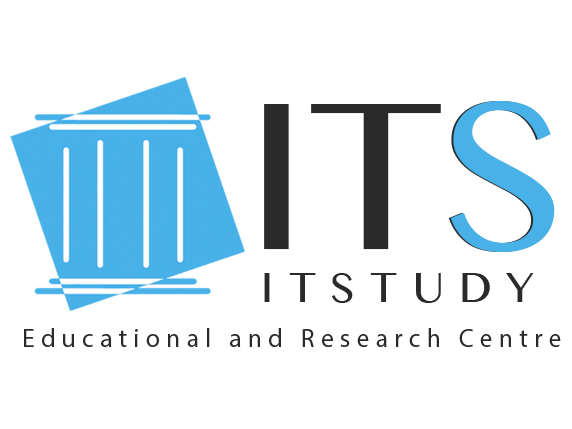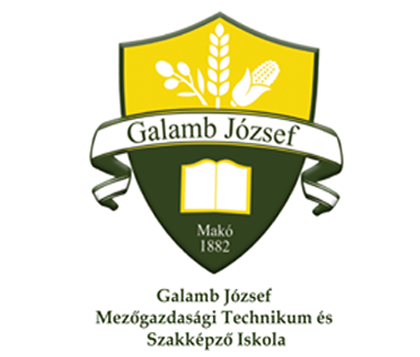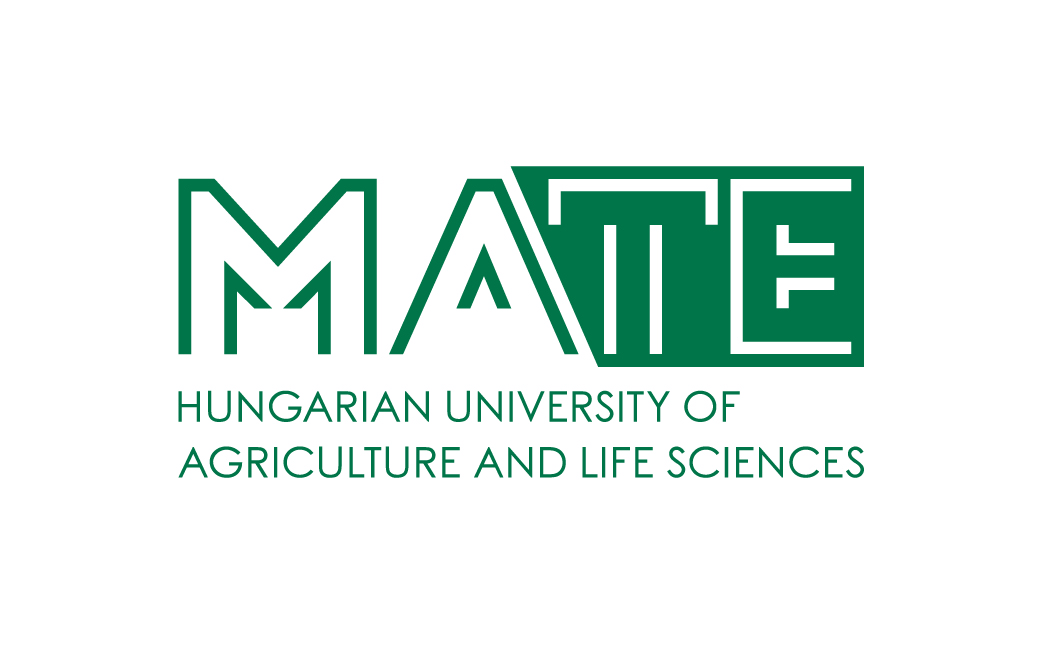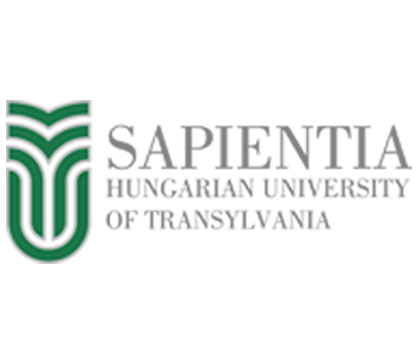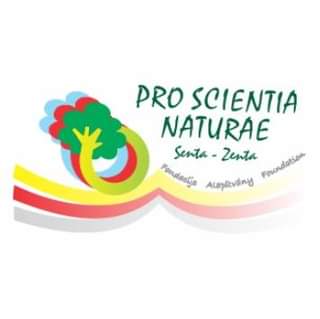HORTICULTURE 4.0
Vocational Education for Digital Transformation in Horticulture
AIMS
The objective of the project is to contribute to the digital and green transition of agriculture by delivering innovative, high quality learning materials for VET teachers on smart greenhouses, involving actors from the labour market. The project will
- identify the digital skills needs for smart greenhouses in collaboration of companies in order to tackle future skills mismatches in horticulture
- facilitate the development and scale-up of flexible, modular, and learner-centred micro-courses enabling VET schools of the agriculture sector to give quick and relevant response to the needs of the labour market
- foster technical and digital skills and effective, innovative training methods of teachers in agriculture, help them to learn and teach in virtual environments and provide them up-to-date knowledge on smart greenhouses.
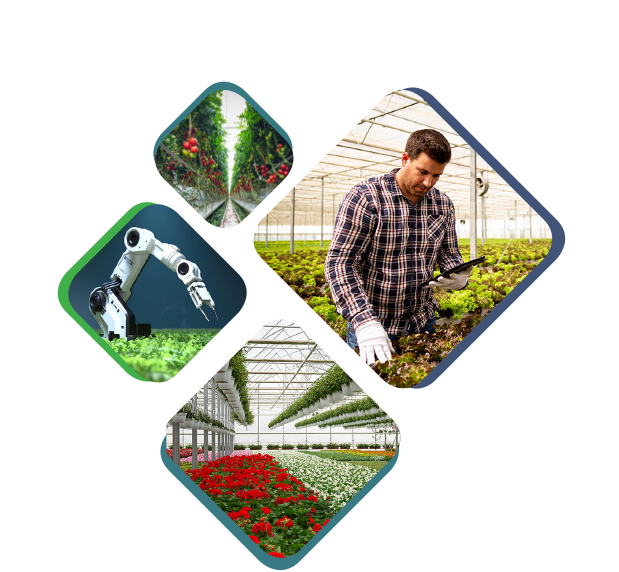
The Consortium will develop a learning outcome-oriented curriculum and further training program on "Smart Greenhouses" for European VET teachers in response to the growing needs of the agricultural sector’s labour market. The chosen professional field - precision technology in smart greenhouses - has a great potential for all sub-sectors of vegetable production and has been a key driver of digital transformation of agriculture across Europe in the recent years.
OUTCOMES
Five Results (Rs) are planned in the Horticulture 4.0 project as follows:
Result 1: Digital Competence Map of smart greenhouse workers
To ensure that all products in the project are closely linked to the labour market needs, we will first create a database of digital technologies for smart greenhouses offered in the European and partner countries' markets. We will then develop a competency map of the digital competencies required by professionals to be able to operate the systems included in the database. The competency map will be available in 4 languages and will be reusable for the development of learning outcomes-oriented curricula for other agricultural qualifications.
Result 2: Smart Greenhouses Curriculum
One input for the curriculum development will be the outcome of R1, the Digital Competence Map. Before defining the curriculum structure, we will carry out a focused needs analysis by involving VET teachers from the partner countries to get a clear picture of the presents state regarding the digital skills, the knowledge on smart greenhouses of the teachers and their level of using 21st century teaching methods, using open educational resources and digital tools. The second input to the curriculum development will the conclusions of the survey. The curriculum will be aligned with the EU instruments of EQF, NQFs, EQAVET, DigComp and DigCompEdu.
Result 3: Smart Greenhouses – practice-oriented learning content
Based on the Curriculum the partnership will develop the learning content built up from three modules. Module 1: Advanced digital skills, Module 2: Smart technologies in greenhouses, Module 3: Innovative teaching methods. The chapters for Module 2 were already designed by the partners in the proposal writing phase, but the topics of Module 1 and Module 2 will be defined only after developing the competence map and completing the needs-analysis).
Module 1 – Advanced digital skills for smart green houses
ICT technologies used in
- climate control systems
- LED lighting
- irrigation systems
- valves and pumps, sensor
- control systems
Module 2 - Smart technologies in greenhouses - planned topics
- Mobile communication in greenhouses, data transmission
- Micropropagation techniques in the laboratory
- Greenhouse vegetable and ornamental crop production technologie
- Digitalisation of the microclimate in greenhouses
- Precision greenhouse irrigation systems
- Digitalisation of artificial lighting in greenhouses
- Other greenhouse automation, sensors, robotics
- Plant protection for precision greenhouse production
Module 3 – Innovative Teaching Methods
Result 4: E-learning platform for delivering online course for VET teachers
We will implement a multilingual virtual learning environment based on the open source Moodle framework and integrate course components supporting collaborative networked learning, based on constructive pedagogical approach. This innovative solution will provide a learning environment of “learning-by-doing” for the teachers, let them try out the methods and tools of an effective digital education. The learning content will include open educational resources and newly developed videos about the digital systems used by horticultural companies. The partnership started negotiation with companies from belonging to their professional relationship. The online course will be tested in 4 countries by involving VET teachers mostly teaching theoretical and practical subjects in horticulture. Number of HE students in piloting the English course: 10 students from MATE and 10 from SEMT Number of participants of the pilots: 50 from Hungary, 30 from Romania and 20 from Serbia.
Result 5: Smart Greenhouses e-book for VET teachers and Trainers
During the last working period the partnership will publish the e-book titled “Horticulture 4.0 – Smart Technologies in Greenhouses” in English and the national languages, Hungarian, Serbian and Romanian. The book will include not only the learning content, but also the experiences of the teachers who participated in the online course, tried out the digital tools and methods with their students and the suggestions of horticultural companies that supported the Consortium during the project implementation.
IMPACT
The expected impact of the project at European level will be a step towards digital and green transition. The project will offer a flexible, future-orientated vocational digital training for VET teachers in the agricultural sector. It will be transferable and recognisable all over Europe, as the curriculum will be built with applying the European educational standards like EQF, ECVET, EQAVET, DigComp and DigCompEdu as well.
According to the project concept, the modular structure of the course multiplies its future usability. Besides the main modules on smart technologies, the learning contents will include modules with knowledge and professional skills needed for horticulture professions, so it can be offered not only for horticultural but also other professionals, for instance those with qualification in information technology. This approach makes it possible to utilise the final products by the partner countries in the initial vocational education and in the higher education as well.
PARTNERSHIP
The project partners are working in the education, but they have been building strong strategic partnership with agricultural enterprises and research institutes for many years, from small companies (farms), and multinational enterprises like the Hungarian Tungsram Agritech (delivering smart LED lighting solutions for greenhouses). This professional partnership provides the guaranty, that the planned course will reflect on the actual needs of the labour market, and put the focus on developing the skills, knowledge, and competences relevant to the up-to-date expectation of the agricultural sector.
